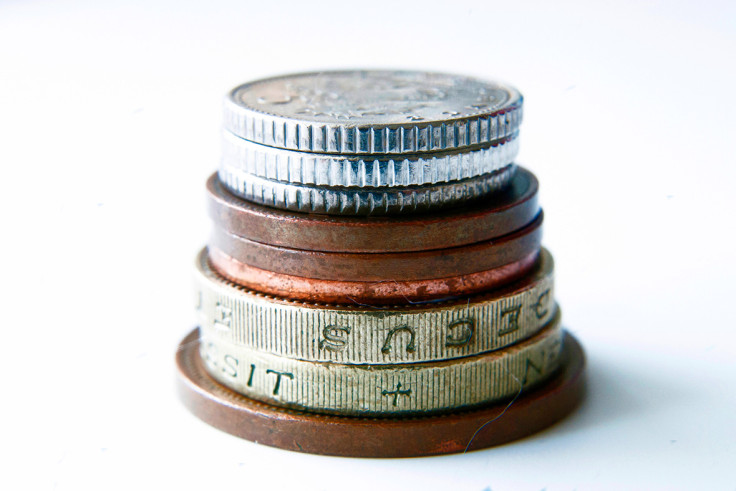Generosity is a turn-on when picking partners to play with
Online psychology experiments have shown that generosity is more valued than the bottom line.

Evolutionary psychologists have found evidence that people who are generous – even if they have relatively little to offer – are more popular than those who are rich but stingy.
In an ideal world, you might want the people around you to be both wealthy and generous – but when you have to choose between the two, generosity matters more than the resources you have at your disposal, according to a study published in the journal Royal Society Open Science.
The research, led by Nichola Raihani of University College London, looked at how people interact when they pair up online to play a game in which one person decides whether or not to share money with a partner. Raihani used the Dictator Game – a classic experimental set up in economic research – in which one player decides whether to give some or all of their money to a partner.
It's the thought that counts
Players who had a lot of money to give but wouldn't part with much of it were not very popular, Raihani found, and generous players who were poorer were more popular. It was the proportion of money that the player chose to give that made people like them or not and decide whether to play with them gain; the absolute amount of money they received didn't seem to matter so much, Raihani told IBTimes UK.
"We design the payoff such that even if you're with a rich stingy person, they still give you more money than a fair poor person," Raihani says. "So for instance a rich stingy person might give you 50 cents and a poor fair person gives you 25 cents."
Even though you'd get more money overall from a rich person, people preferred to be with someone more generous and receive less money.

Conventional economic theory suggests that people who are only concerned with their own interests – such as making money – should just pick the partner who will give you the most, without, worrying about whether they're being stingy or generous. But Raihani's study adds to a growing body of evidence that contradicts this, she says. "People are willing to forego payoff in order to pick someone who is fair and avoid someone who is stingy."
Beyond the pounds and pennies
Evidence that generosity is a big factor in determining people's popularity and social status aren't limited to psychology experiments. Rebecca Bird – an anthropologist at Penn State University in the US – says that her findings from visiting and working with the Martu aboriginal hunters in Australia over 16 years are a real-life example of Raihani's experimental findings.
The Martu hunters of Australian engage in cooperative hunting, with individuals or pairs going out to hunt lizards and bring them back to the group. Hunters who are more generous are more popular than those who are skilful but unwilling to share, Bird says.
Bird says that Raihani's findings are strikingly similar to her own observations in Australia. "There are almost identical to the processes operating among the Martu," Bird says. "Their people are in many different ways preferring to cooperate with more generous hunters rather than preferring those who are more productive or more skilful."
"If you're a poorer hunter and you go out and spend a lot of time out there so you can bring back enough. The more they bring back the more they share, they don't keep more for themselves. It's a very costly form of sharing, spending a lot of time out there simply to feed others," she says.
© Copyright IBTimes 2025. All rights reserved.






















